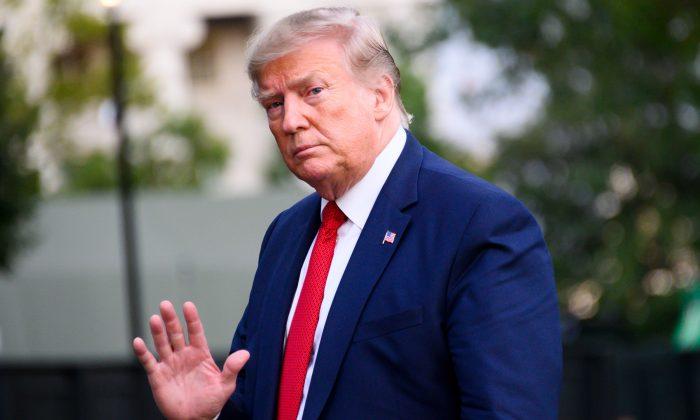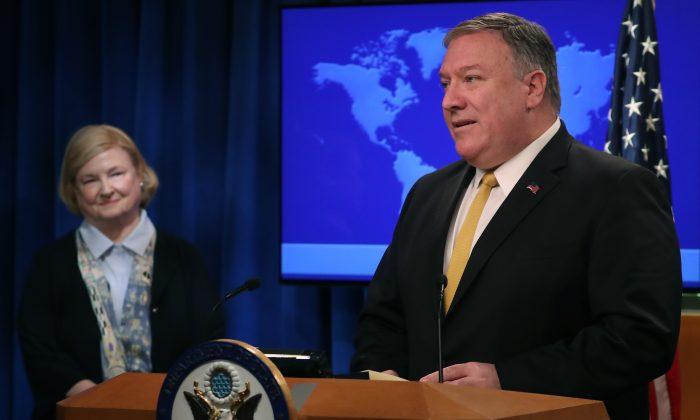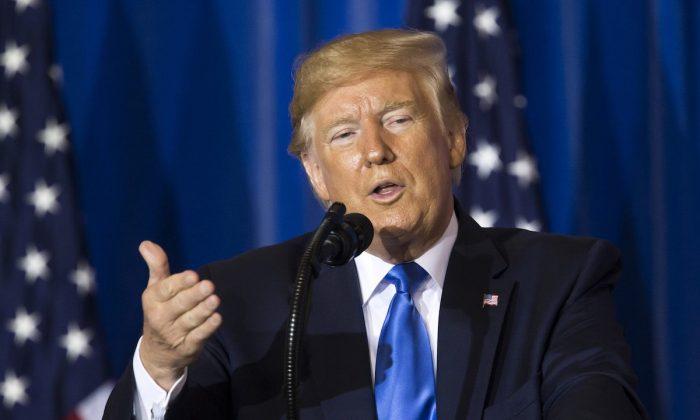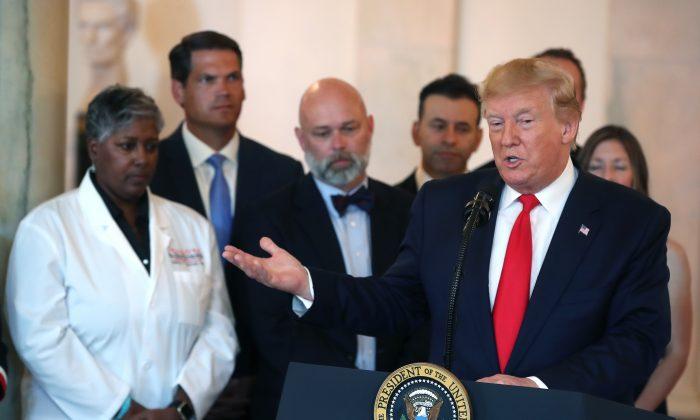Canada is back at the negotiating table in talks to replace the North American Free Trade Agreement (NAFTA) after several months on the sidelines of the negotiations.
President Donald Trump said he wasn’t afraid to go ahead without Canada, and has given it’s northern neighbor till Aug. 31 to get back in the deal. He has also said the United States would impose tarriffs on car imports from Canada if talks fall apart.
He told reporters on Aug. 29 that trade talks were going “really well” and that U.S. and Canadian officials had negotiated late into the evening the night before.
Canadian Prime Minister Justin Trudeau said the same day that Canada might be able to strike a deal before the Aug. 31 deadline.
“In high-wage countries, our workers have been concerned for a long time—it was one of our election issues—about the ways in which trade agreements can harm blue-collar workers in high wage countries,” she said, according to Reuters. “That is a really important step for us and it has set the stage for very intensive conversations and negotiations that we’re going to have this week.”
“What’s new is Mexico’s heightened motivation to finalize a deal now, given that both the outgoing and incoming administrations appear to have compelling reasons to want a deal done in time for the current Mexican president to sign it and they generally agree on what terms would be acceptable,” she said in a statement.
“If a deal cannot be reached now and negotiations roll into 2019, the timeline for talks to be concluded, as well as NAFTA’s ultimate fate, become less certain.”
Congress must be notified 90 days before the president can sign it, making Aug. 31 the last day to have it approved in time for Nieto to sign it.
It’s also unclear whether Congress can sign a bilaterial deal. There may be regulatory hurdles since the proposal under the “Fast Track” Trade Promotion Authority was for a three-way deal, and some Congress members have said they wouldn’t sign a deal that doesn’t include Canada.
“I believe this agreement will be acceptable to both sides of the aisle,” he said. “[The president’s trade agenda] has the broad support of large segments of the American people. The message of the last election was not lost on the Republican members of Congress.”
“Achieving a deal that can get through the U.S. Congress and that satisfies Donald Trump’s high-profile campaign pledges to bring back manufacturing jobs and reduce the NAFTA trade deficit is extremely tricky, but ironically less so if current predictions of Democratic gains in the midterm elections hold true,” she said.





Friends Read Free